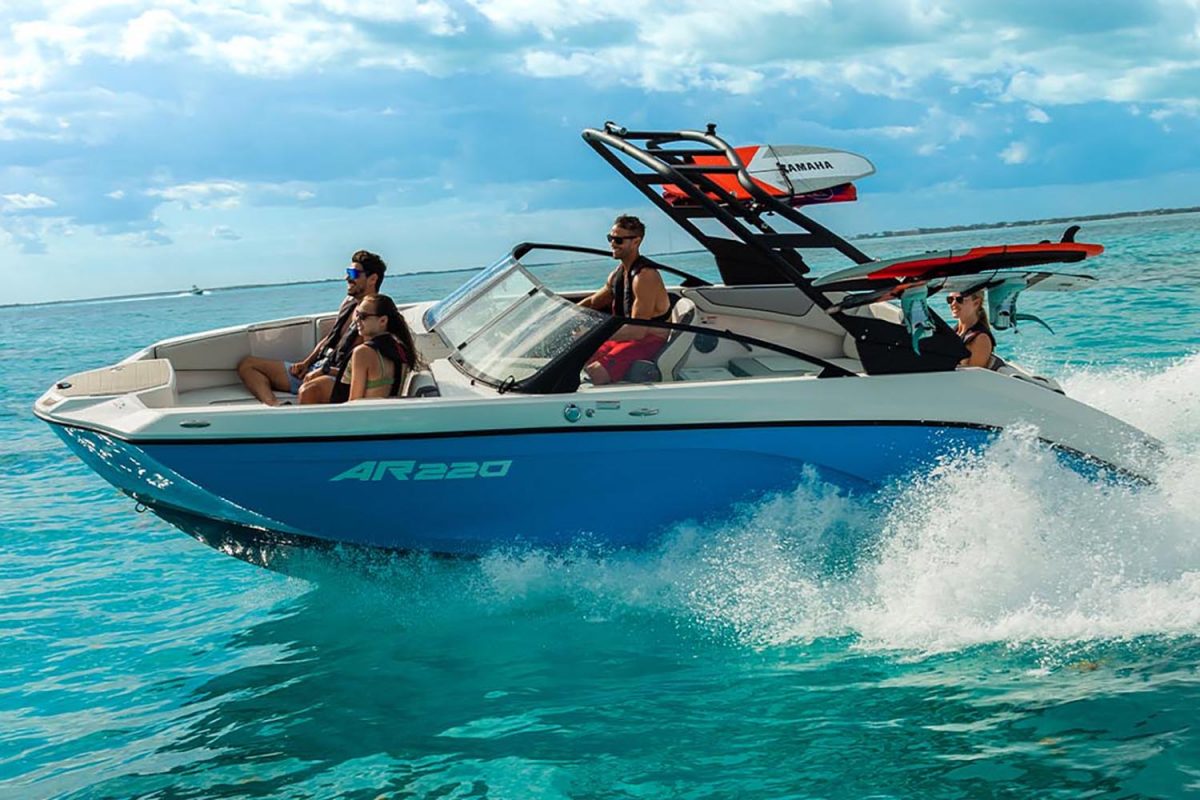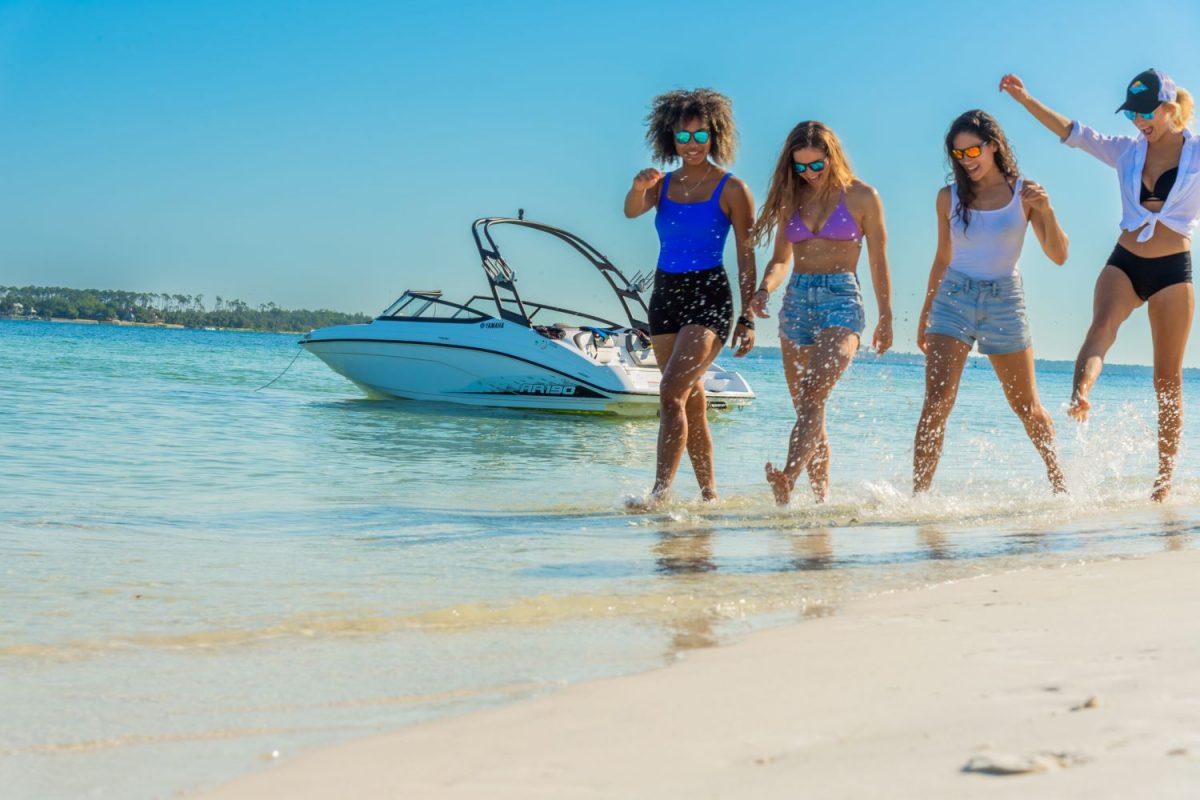Texas
Boating in Texas: A Comprehensive Guide
If you’re interested in boating, and you live in Texas, there’s quite a bit of information you should know. It’s not advisable to get a watercraft, find a lake or a stream, and to start your hobby without first knowing some basics that should serve you well as you learn more about this pleasant diversion. Boating can be relaxing and fun, and it attracts individuals from all walks of life.
There are plenty of boats for sale in Austin, as that part of the state attracts many nautical enthusiasts. Before buying one, though, you should know more about what boating looks like in the Lone Star state. Let’s discuss it in detail now.

Boating Education
A moment ago, we mentioned how it’s not a good idea to just hop on a boat and to get out on the water in Texas if you don’t know what the state requires for you to do so. If you were born after September 1st, 1993, there are some specific requirements that you should know about that do not apply to those born before that date.
If you were born on or after that date, and you want to commandeer certain kinds of watercraft, you need to go through a boater education course. You need to learn about no-wake zones, proper navigation lights, and safe boating speeds as well.
What Do These Education Courses Look Like?
Let’s say for the sake of argument that you were born on or after the date in question. If you were born before, then you’re not required to take these courses, although you certainly still can if you don’t feel like you know enough about boating yet to get out on the water.
In these classes, you will learn about boats that have motors over 15 horsepower. If you want to captain a wind-blown vessel that’s over 14 feet, you need to take these classes as well. You must also take them if you are captaining a personal watercraft, or PWC.
You will take a boater education course. They are taught in person, but you can also take them online, which is definitely convenient for the would-be boater living in Texas.
When you finish taking these courses, which are not particularly long or considered to be very difficult, you will get a boater education card that indicates you have gone through the requisite training. These probably should not be considered as vital to have as a driver’s license. However, you’ll still want to have your card on you if you attempt to captain a boat that meets the qualifications and you are young enough for the state to require this mandatory form of education.
Boating Regulations and Laws You Should Know About
If you do want to go boating in Texas, and you have your boating education card with you, then you can move forward with your plans to buy or rent a boat. However, there are some additional regulations and laws you should know about before you do.
You need your boat to have the proper navigation lights. You will have to turn these on if you are operating the boat during times of low visibility or at night.
You will need to keep the boat operating at a safe speed, considering factors like visibility and traffic. You must also obey no-wake zone regulations. You’re not meant to be driving the boat fast enough to produce a potentially harmful wake, especially if you are near swimmers, docks, or marinas.

What Other Laws and Regulations Should You Know About?
You must also have some equipment on the boat for safety. This includes personal flotation devices for each individual on board. You must have an engine cut-off switch on the boat as well.
You also can’t drink alcohol and operate a boat. If you are boarded by the authorities and found to be over the legal limit, you will face penalties that are similar to driving a car while drunk.
If you have a personal watercraft and you’re operating it in Texas, you can only legally do so between sunrise and sunset. If you have any children with you under the age of 13, they must all be wearing a personal flotation device for the entire time they are on the boat.
If you are involved in an accident or cause one, you also have a legal obligation to report it to the authorities. This is especially true if there were any injuries, deaths, or property damage that resulted from the collision.
Other Tips for Safe Boating in Texas
We’ve run through some of the specific rules and laws that relate to Texas boating. These will vary in other states, but there are also some boating tips of a more general nature that we’ll mention now. You will want to be mindful of them in Texas, but also anywhere else you see fit to go boating for commercial purposes or recreational ones.
You will want to wear a personal flotation device. Even if you are old enough that you don’t legally need one, it’s never a bad idea to have a lifejacket on when you’re on a boat. The unexpected could always happen, and then you will be glad that you’re wearing it.
You’ll want to avoid alcohol. Even if you are technically under the legal limit while captaining a boat, you can still get reckless or make a mistake. Rather than cutting yourself off at one beer, avoid drinking entirely if you’re commandeering the vessel.
You will also want to be familiar with where the emergency engine shut-off switch is and how to use it. If you ever need to shut the boat down suddenly, this switch becomes your best friend.
Finally, you will want to be on the lookout for partially submerged objects if you are in shallow water. To avoid them, go slowly and keep your eyes open. Colliding with one of these objects could severely damage the boat, resulting in the need for costly repairs.
